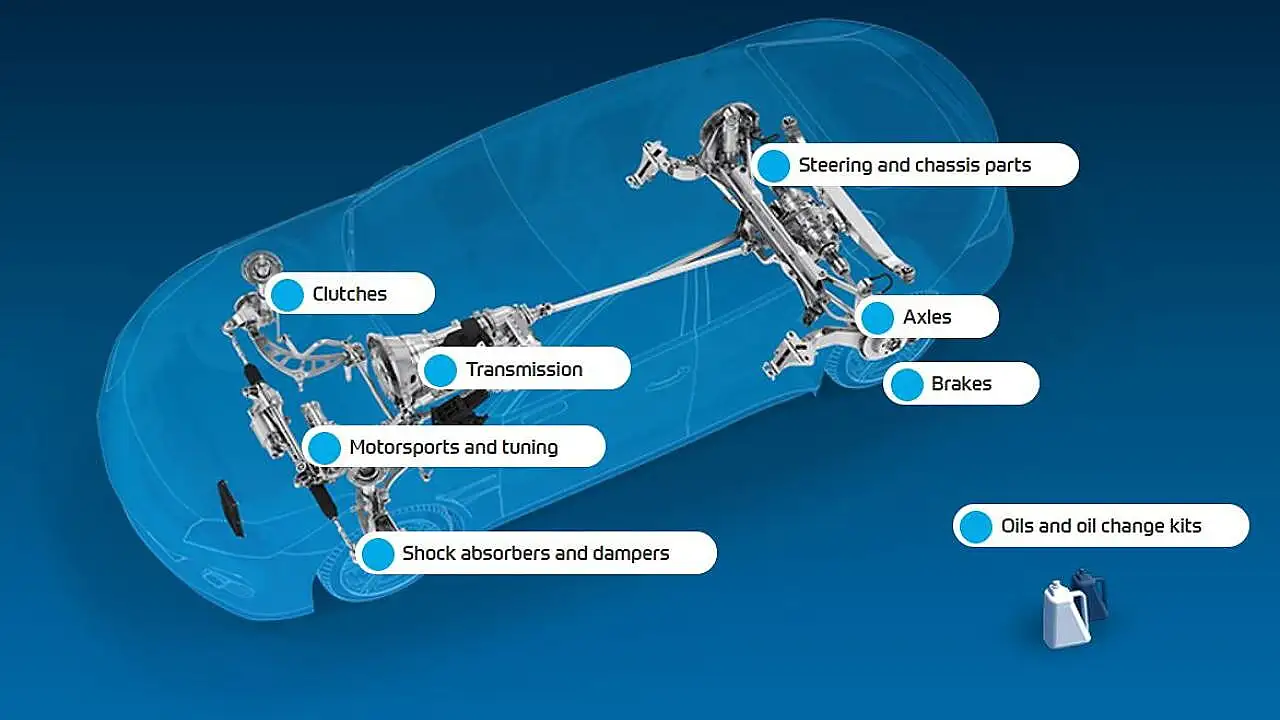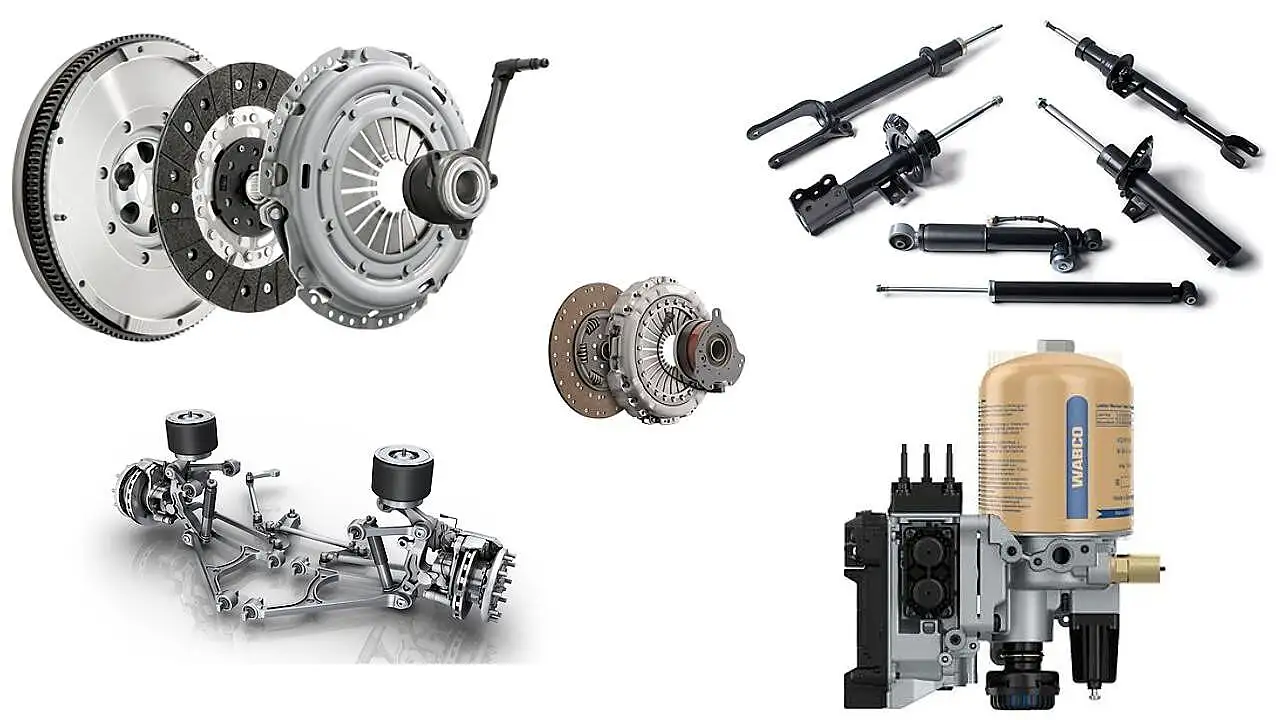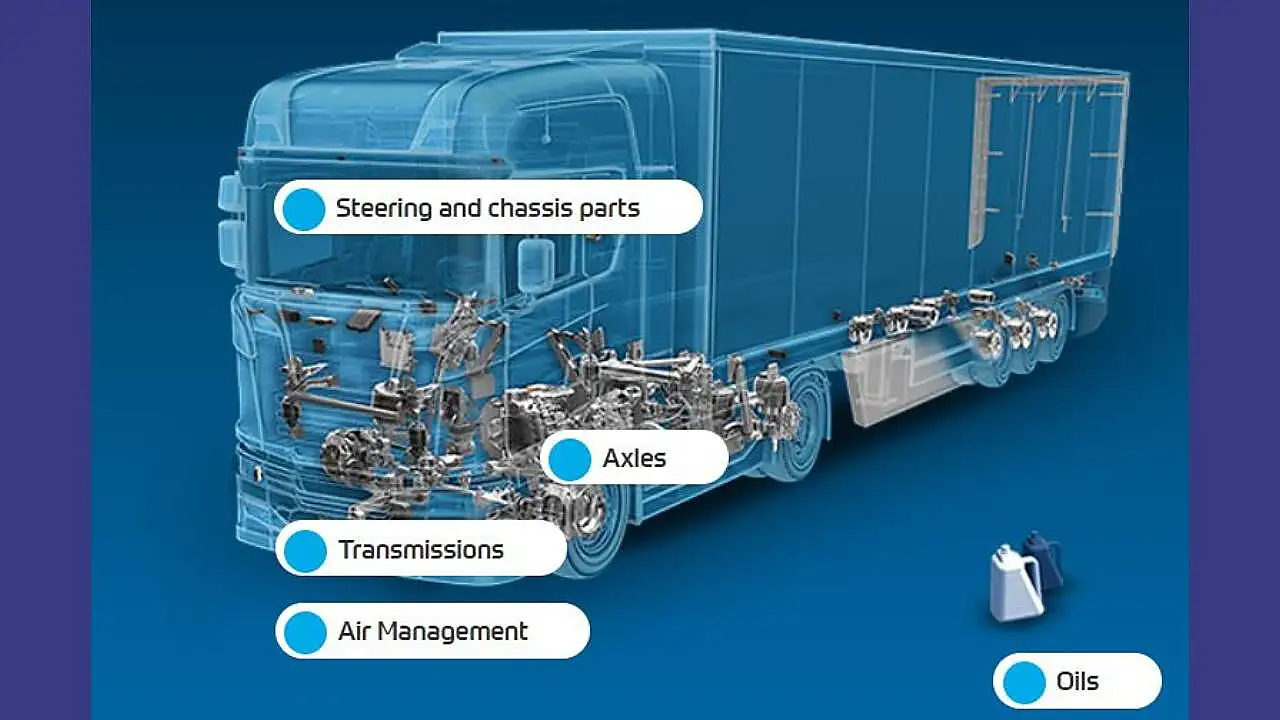
Each time Andre Scholle visits India, he gets positive vibes.
“Whenever you come to India, you see endless opportunities arise,” says the Vice-President, Head of India, MEA, CIS ZF Aftermarket. This also reminds him to sharpen the focus on the key strategic pillars: product extension, logistics improvement, customer strengthening and deepening of the network.
“The Indian aftermarket is one of the most dynamic I know. If you look at my region – India, Middle East, and CIS, India is especially interesting with tremendous changes and new developments happening very time I come here. All these positively impact the aftermarket,” says Scholle.

The stronger infrastructure is clearly another booster since the aftermarket can grow beyond big cities to Tier-2 Tier-3 regions as well. This, in turn, has a positive fallout on education of mechanics and proliferation of workshops. “I think our customers as well as the distribution network are working constantly on extending the aftermarket footprint throughout the whole subcontinent,” he adds.
All this is part of the ZF strategy to be future-ready for its customers. “We need to have the right product range to offer the Indian aftermarket and, therefore, must extend it along with solutions to deliver properly. Warehouse and logistics solutions should be quick enough to serve customers in metros and Tier-2/3 centres,” says Scholle.
Product Extension
ZF is launching localised products for chassis, braking and linkage components. It recently inaugurated a shock absorber assembly in Pune which is a critical initiative in its product extension plans. “There will also be a logistics advantage since products are assembled in India and this will do away with the need to ship from global locations,” he adds.
A price advantage also accrues in the process and this is the first step the company is taking to capitalise on the growth of the passenger and commercial vehicle segments.
OEMs and third-party service centres always look to minimise the mean time between repair and service. Scholle believes it is important to take a relook at the overall logistics setup since the Indian subcontinent cannot be supported by a warehouse out of Germany or China. This issue is now being addressed by starting with locations connected with each other while ensuring a healthy stock level that can serve customers in every part of the country. Ideally, everyone should get their goods between 24 and 48 hours of ordering.

Data Protection
The right-to-repair movement has been making news globally and in recent times in India with the Automotive Component Manufacturers Association of India (ACMA) supporting this global cause. Scholle says with vehicle parts changing, customer needs are following suit too. “Parts providers like us must adapt to these changes in the aftermarket and find a balance between our current core business and new ones that will arise. When the industry changes, we must be ready to adapt to the Indian aftermarket,” he explains.
The reference is to new distribution models like e-commerce as well as new products in new cars, connected solutions and data. “We are aware that connected cars and data we need (for cars) are not easily accessible and the impact on the aftermarket is not known. All these changes are coming along with the extension of our businesses and this is truly a challenge,” says Scholle.
New Mobility
Incidentally, he does not see the new mobility ecosystem threatening the global aftermarket and, on the contrary, welcomes it as an additional business opportunity. “I think the variety of products that we have, gives us a chance to be insulated from these changes. However, we need to make sure to adapt our portfolio to be in sync with the new environment,” says Scholle.
While some products may become redundant, there will be new ones needed for the next generation of vehicles. Content per vehicle has also been increasing with electrification which should also reflect positively in the aftermarket. Yet, it is also an indication of the challenges in the future. “If you bring a vehicle into the workshop, people here must be educated to carry out repairs which will become more complex,” he says. Fixing a car which is now more like a computer is “way more difficult” than just mechanical repairs.
'Increasing complexities will lead to new challenges for ZF aftermarket since we need to train both customers and our staff. These challenges will keep us busy and the change will impact the aftermarket business,” he continues.

Digitalisation
According to Scholle, the aftermarket will focus strongly on digitalisation which could become an interesting business model for India. He also believes that there is great potential for remanufactured parts even while there is no critical mass yet in the absence of an established core exchange on the lines of those in Europe, China and the US.
Remanufacturing will also call for new products and boils down to the range by the end of the day. “In the past, we did not have the range suitable for the Indian aftermarket and that needs to be sorted out first. We need to have a range and see if there is an interesting business falling in,” signs off Scholle.
Also Read: